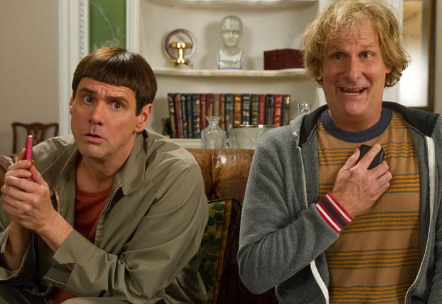‘Rolling Stone’ rolls eyes with ‘Greatest Singers’ list

January 13, 2023
Music is a huge part of pop culture and the way people live today, so it’s no surprise about the uproar and controversy surrounding a recent “Rolling Stone” article.
“Rolling Stone” magazine released a list of “The 200 Greatest Singers of All Time,” and let’s just say, people were not pleased. The controversy all started with the fact that vocal powerhouse Celine Dion did not even make the list. Yes, you heard me right: Dion did not make the list despite having a 5-octave vocal range.
Dion was only the tip of the iceberg, though, because people started to look more into who this list actually consisted of. Some of the most shared thoughts about the list have been: why is Michael Jackson ranked at #86, or why is Ozzy Osbourne even on this list at number #112? Now this discussion led the internet to an even more complicated argument of how greatest singers and greatest performers are not the same thing, and asking if the musicians’ impact had an effect on their ranking. Many people were sharing their thoughts on how Jackson was the greatest performer of all time, but not the greatest singer. Personally, I still think Jackson deserved to have a higher ranking than #86.
Another issue people were trying hard to understand was how Whitney “The Voice” Houston was not ranked #1. Now, if you’re curious, Aretha Franklin was ranked #1, which would make sense if it was based on historical impact as well as talent, of course. That is where I think “Rolling Stone” magazine messed up. It seems like they did not classify whether the list was based on cultural impact, or vocal talent, they just slapped “Singers” on there and hoped for the best.
This isn’t the first time “Rolling Stone” has gotten themselves into a worldwide controversy. In 2014 they released an article called “A Rape on Campus” which sparked attention on sexual violence that happens on college campuses. Protests even popped up. The story followed young UVA college student Jackie Coakley and how she was allegedly brutally assaulted at a frat party as an initiation ritual. Charlottesville Police’s investigation failed to find any evidence that supported this allegation or confirmed what the writer was telling. “Rolling Stone” later faced lawsuits from the college of UVA.
Now, I’m not saying that you can compare those two articles because the circumstances are extremely different, but this just goes to show that “Rolling Stone” has created controversy in the past. Some think this was their plan all along: to create a controversial list to get people talking again. If this was their plan, it definitely worked.











